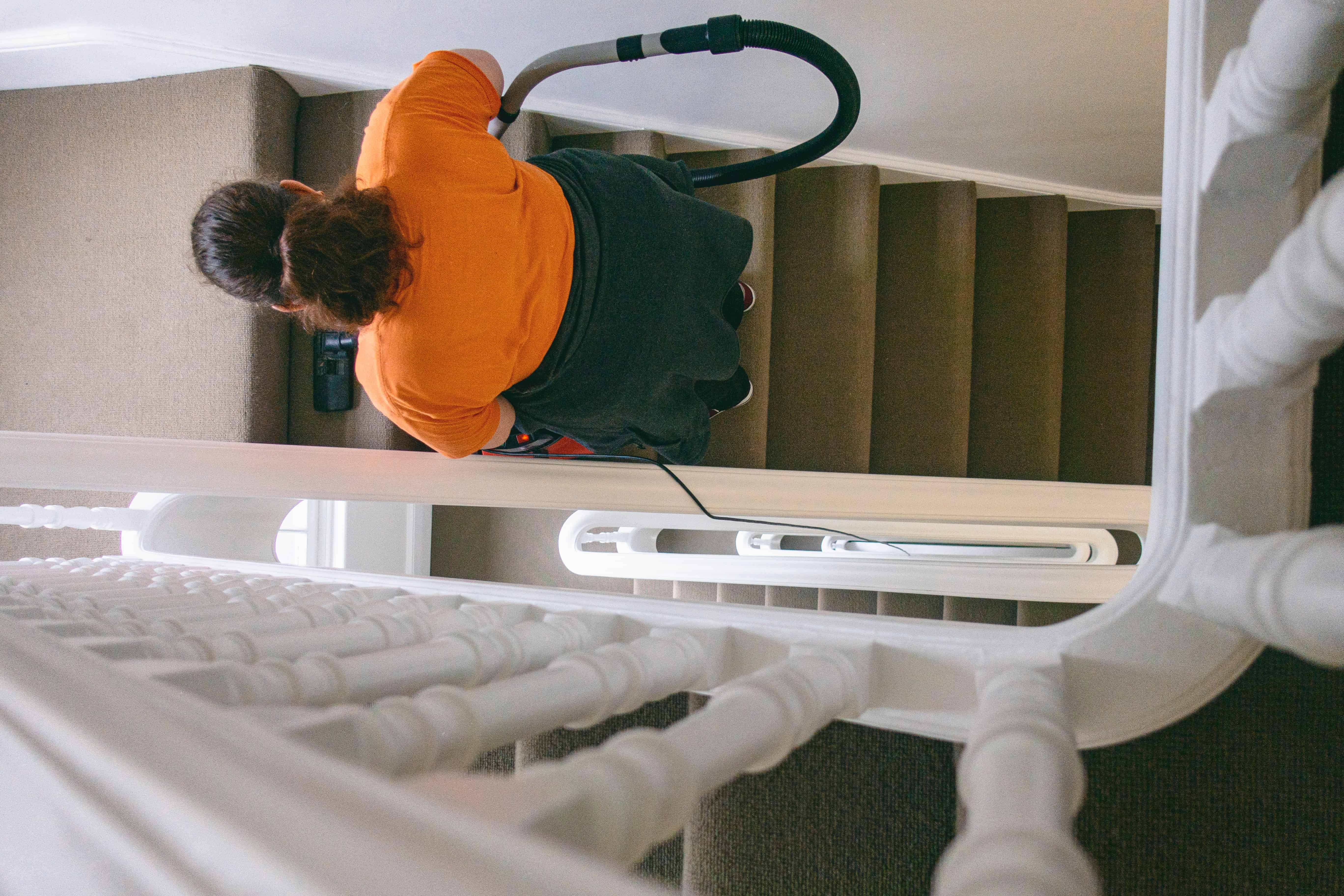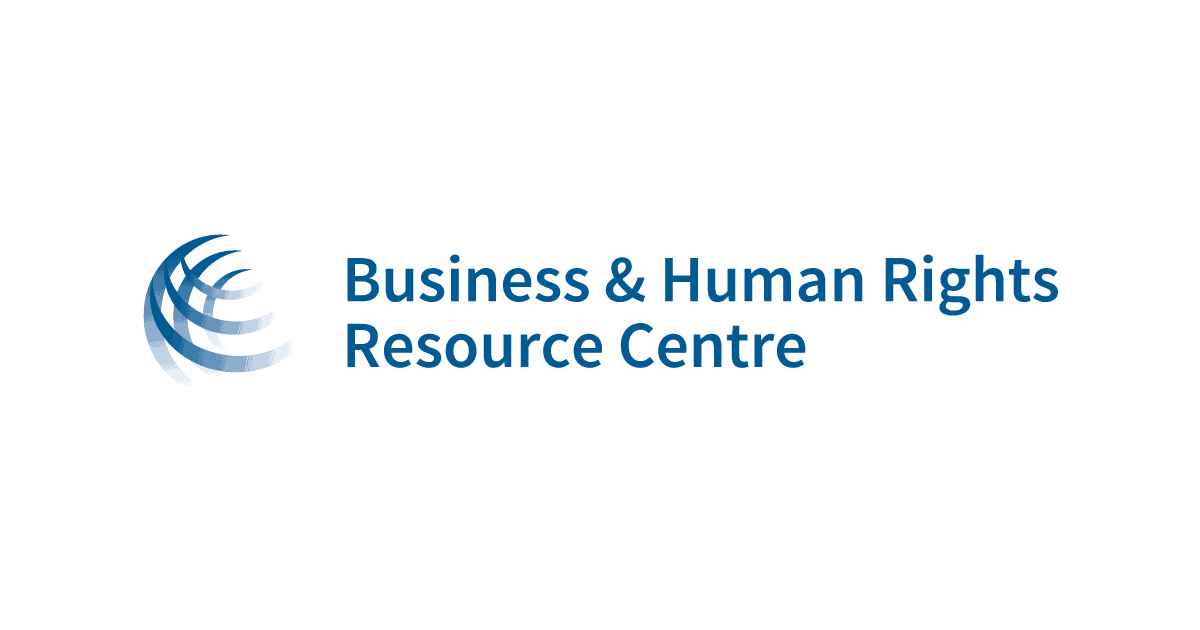No one should be above the law. Yet hotels are leaving workers and service-users at risk of exploitation, with some even failing to meet their minimum legal obligations to address modern slavery in their business and supply chains.
Vulnerable workforces, complex supply chains and extensive franchising means that the hotel sector is reported to be exposed to a high risk of modern slavery.1 Less than 10 percent of hotels are owner-operated meaning that there is often a separation between those responsible for working conditions and those responsible for the business. But the hotel industry can’t hide behind this excuse. Big companies, no matter how complex, must meet their obligations under the law to tackle modern slavery throughout their business.
Under the UK Modern Slavery Act 2015, companies with operations in the UK and an annual turnover of £36 million or more are legally required to publish annual modern slavery statements on their websites. Whilst statements rarely tell us whether modern slavery is present in a business, they should set out the steps they have taken to prevent modern slavery. A recent report2 analyzing these statements has exposed an alarming lack of progress in the hotel industry. As a whole, the hotel sector is not doing enough to establish effective anti-slavery responses to modern slavery and mitigate modern slavery risks.
Shockingly, 6 hotel companies have not published a statement at all, suggesting modern slavery risks in their business and supply chains are totally unchecked and workers exposed. Together, these 6 hotel companies make billions of dollars in revenue annually whilst failing to meet their basic legal responsibilities. Whilst this failure does not equate to the presence of slavery, or an increased risk in these particular hotels, no matter how powerful, well-managed or profitable a business, following the law to tackle slavery is not optional. The poor response from the hotel sector is unacceptable for a multi-billion-dollar industry marketed on luxury and decadence, employing thousands of people around the world.
A staggering 1.8 billion international tourist arrivals are expected by 2030 and the hotel and hospitality sector employs 292 million people worldwide, contributing 10.2 percent of global GDP,3 to meet this demand – with no signs of slowing down. Massive growth in the tourism industry means that many of us have benefitted from the services and products offered by hotels, and now we want to hold them accountable.
When an estimated 16 million people globally are trapped in modern slavery in the private sector, the power that businesses have to end modern slavery is indisputable and cannot be achieved without their action. Let’s call on the hotel sector take action against modern slavery and meet its legal obligations.
Publishing legally compliant modern slavery statements is the bare minimum, a crucial first step for these 6 hotel companies to show how workers in their business and supply chains are protected from exploitation. But compliance with the law is not the whole picture. Some hotel groups have published weak statements that don’t address all of the recommended criteria4 and, as a result, have few or no mechanisms in place to effectively tackle modern slavery and exploitation.
By coming together and loudly calling for change, we can push the hotel industry to not only publish modern slavery statements but let them know that as consumers we are holding them accountable.
In the UK alone, 3.2 million people are employed in the hospitality industry with migrant workers making up 24 percent of the workforce, some of whom work in hotels. Isabel is one of these workers. She migrated to the UK and worked as an outsourced cleaner at a hotel where she experienced exploitation and describes conditions that shows all the signs of modern slavery.
When she arrived in the UK, Isabel was offered a job cleaning rooms at a hotel outside of London. She was not allowed any breaks, verbally abused by her employer and paid just £2 per room.5 During her stay, she lived in a small room that she was told she had to pay for out of her meagre earnings. Isabel’s irregular migration status meant that she lived in fear of her employer denouncing her to the authorities if she complained about her working conditions.
The hotel sector has a long way to go in ensuring workers like Isabel are protected from exploitation but by meeting their legal requirements hotels will better understand the slavery risks in their business and the measures needed to tackle modern slavery.
Together we can use our power to call on the hotel sector to take action against modern slavery. Join the call today.
Notes:
- https://cdn.minderoo.com.au/content/uploads/2019/11/20161202/2632_MSA-statements.V8_FNL.pdf ↩
- https://cdn.minderoo.com.au/content/uploads/2019/11/20161202/2632_MSA-statements.V8_FNL.pdf ↩
- https://cdn.minderoo.com.au/content/uploads/2019/11/20161202/2632_MSA-statements.V8_FNL.pdf ↩
- https://www.gov.uk/government/publications/transparency-in-supply-chains-a-practical-guide ↩
- http://www.lawrs.org.uk/wp-content/uploads/2018/12/unheard-workforce-research.pdf ↩



Make your voice heard
Comment
27
Share this petition